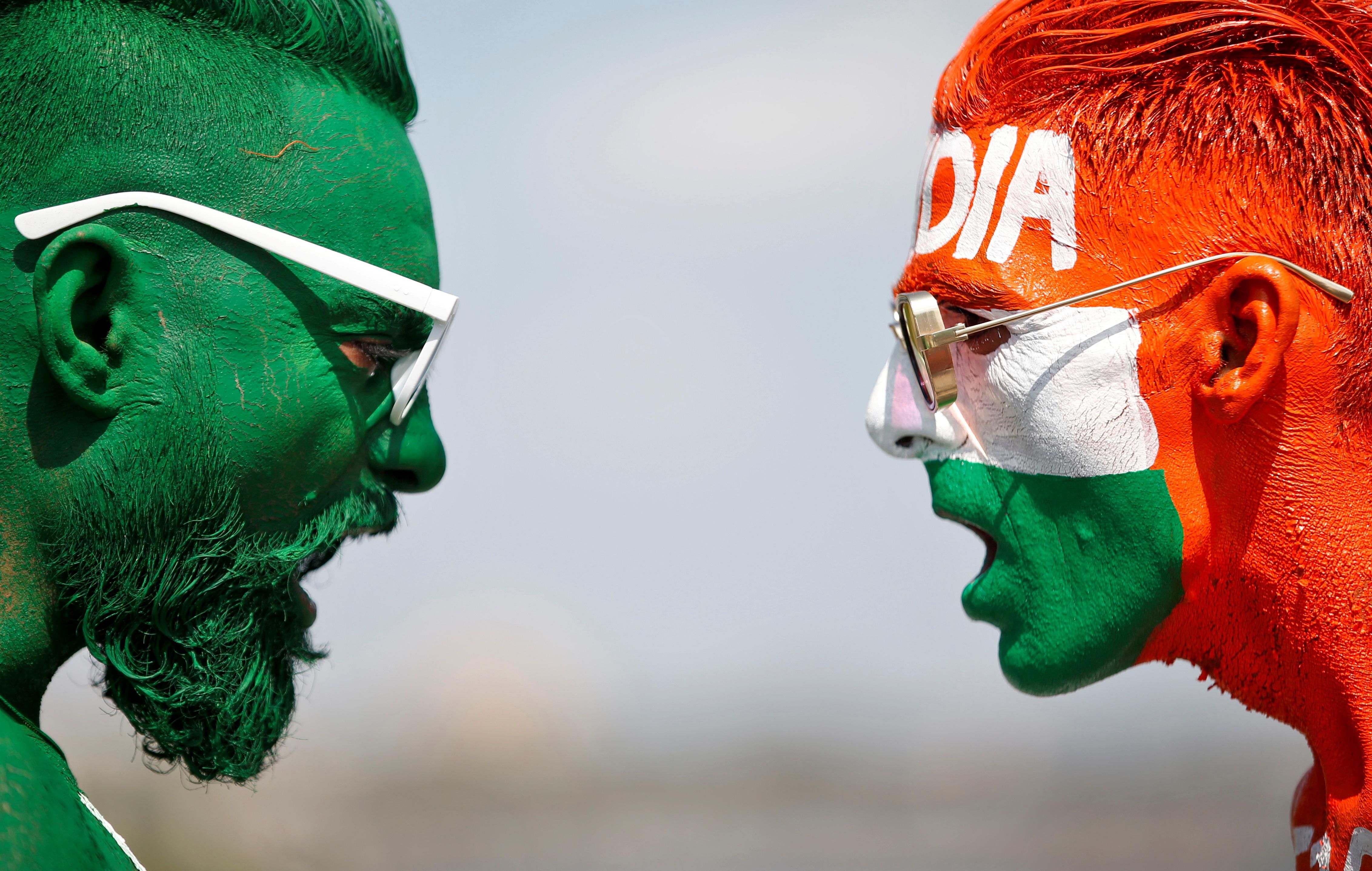India & Pakistan turn 75
This year’s Aug. 15 Diamond Jubilee of Partition, when the British Raj split into India and Pakistan, is a complicated affair. India has gained more from independence in 1947 than Pakistan: earlier this summer, the Indian economy crossed the $3.3 trillion mark and officially overtook the UK to become the world’s fifth-largest — a nice touch to celebrate 75 years of independence from its colonial master. But India’s democratic credentials remain under threat by the rise of Hindu nationalism. However, Pakistan’s experiments after Partition — proxy wars, civil war, martial law, and Islamism — brought much suffering to its people. Today, the country is at the verge of another financial crisis and negotiating its 23rd IMF bailout, as well as in talks with its own version of the Taliban. Unfortunately, a growing nuclear arsenal is the only equalizer for the political and economic imbalance between the two countries. But there is still hope yet. After years of making zero progress, India and Pakistan are now involved in a backchannel dialogue, which may bring some normalcy between the old enemies. That, and the cricket, of course: Pakistan has won more games overall against its arch-rival, but never beaten India in a World Cup match.
Kenya's election nailbiter
Six days after Kenya's presidential election, the race between Deputy President William Ruto and opposition leader Raila Odinga is still undeclared. As of Monday afternoon in Nairobi, Ruto is ahead by a slim margin with about half of the vote officially counted, while unofficial media tallies that initially put his rival in the lead now also have Ruto winning. Both sides accuse each other of tampering with the process, which is painstakingly slow to avoid past instances of fraud: in 2007, more than 1,200 people were killed in violent clashes across the country after Odinga claimed the election had been stolen, and in 2017 a string of logistical mistakes forced the Supreme Court to annul the result and order a rerun. The result must be announced no later than Tuesday, a full week after the vote. Also, if neither candidate gets more than 50% of the vote and at least 25% of the ballots cast in a minimum of 24 out of Kenya's 27 counties, the presidential election will for the first time go to a runoff before Sept. 8.
Southeast Asia tiptoes on US-China
Over the weekend, the US and Chinese militaries held separate military drills with Southeast Asian partners less than two weeks after US House Speaker Nancy Pelosi's mega-controversial trip to Taiwan, to which China responded by its biggest-ever show of force around the self-governing island. Chinese fighter jets participated in joint exercises with the Thai air force, while American and Indonesian troops wrapped up their two-week Garuda Shield live-fire drills, which Australia, Japan, and Singapore joined for the first time. The war games come amid heightened tensions in the region over Taiwan: many Southeast Asian countries are now “keeping their head down” to avoid picking sides between Beijing, who they do by far the most trade with, and Washington, which has given them more military aid for decades. No one wants to rock the boat in the region, where more than 10 years ago China and the Philippines — a former US colony that America is treaty-bound to defend — came to the brink of war over a disputed shoal in the South China Sea. Meanwhile, China kicked off Monday another round of military exercises near Taiwan after a group of US lawmakers visited the island the day before.More For You
Prime Minister Narendra Modi, with President of the European Council António Luís Santos da Costa, and President of the European Commission Ursula von der Leyen, at Hyderabad House, in New Delhi, India, on Jan. 27, 2026.
On Tuesday, the world’s largest single market and the world’s most populous country cinched a deal that will slash or reduce tariffs on the vast majority of the products they trade.
Most Popular
Five forces that shaped 2025
What’s Good Wednesdays™, January 28, 2026
Canadian Prime Minister Mark Carney has repeatedly tussled with US President Donald Trump, whereas Mexican President Claudia Sheinbaum has tried to placate him. The discrepancy raises questions about the best way to approach the US leader.
10,000: The number of Hamas officers that the militant group reportedly wants to incorporate into the US-backed Palestinian administration for Gaza, in the form of a police force.
Walmart is investing $350 billion in US manufacturing. Over two-thirds of the products Walmart buys are made, grown, or assembled in America, like healthy dried fruit from The Ugly Co. The sustainable fruit is sourced directly from fourth-generation farmers in Farmersville, California, and delivered to your neighborhood Walmart shelves. Discover how Walmart's investment is supporting communities and fueling jobs across the nation.
